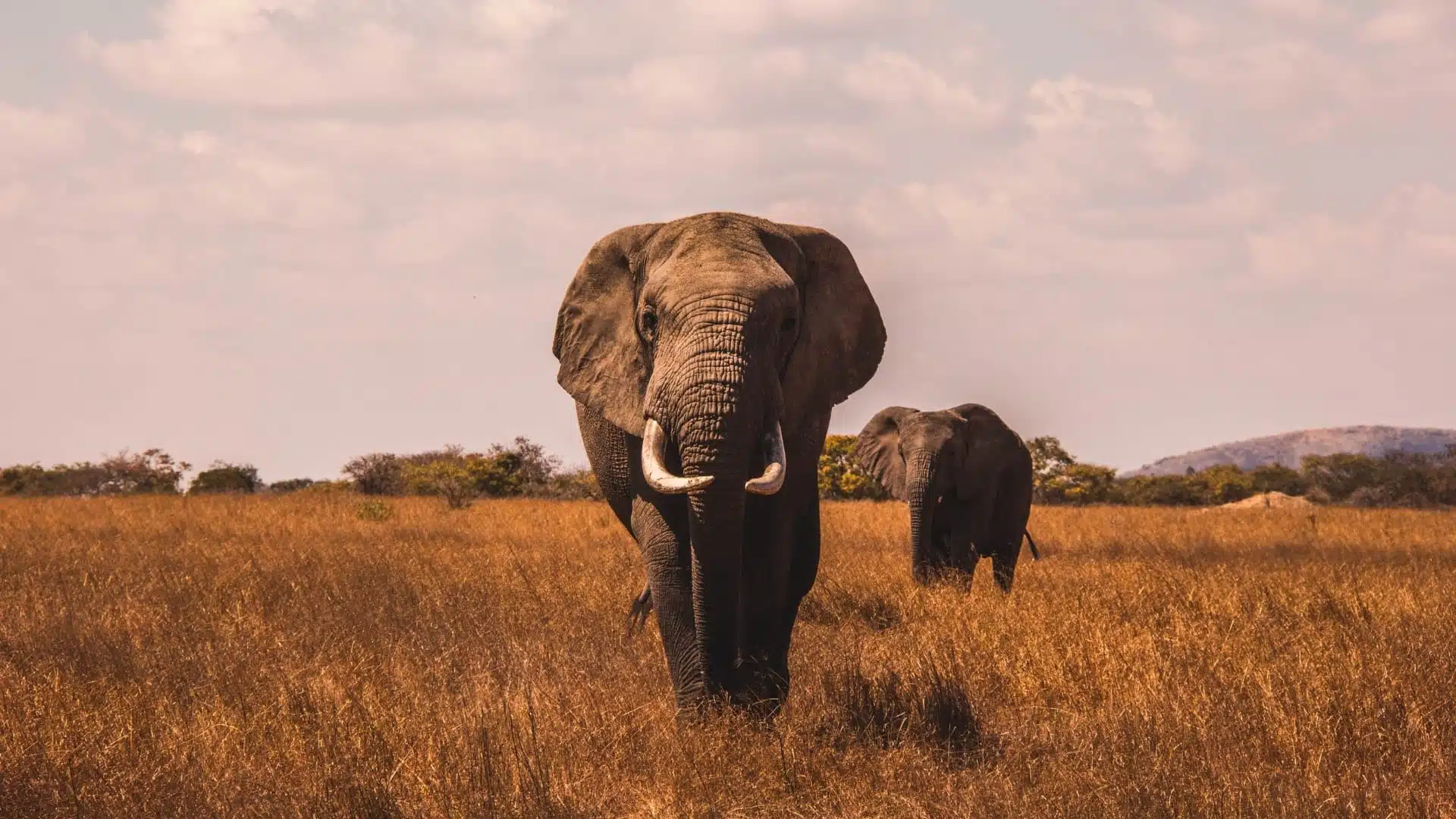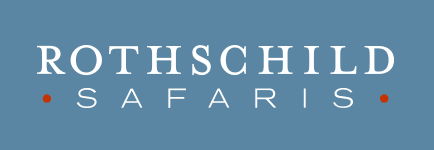Zambia has you intrigued and mentally counting the pages in your passport and your vacation days.
We understand.
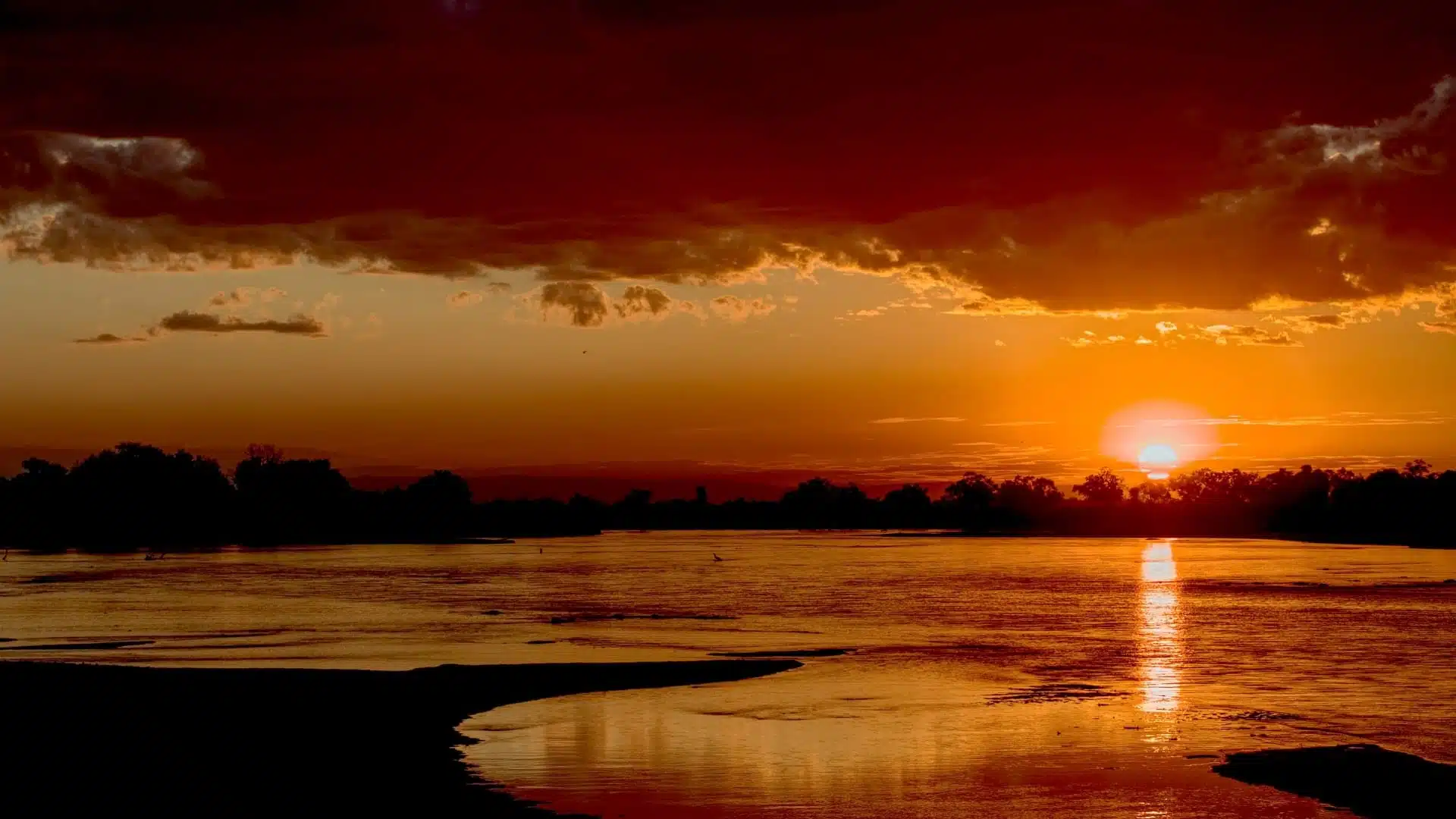 And so we thought we would tell you everything you needed to know before you go:
And so we thought we would tell you everything you needed to know before you go:
Airports: There are two airports that are commonly used by international travelers. Kenneth Kaunda International Airport in Lusaka (LUN) and the Harry Mwanga Nkumbula International Airport in Livingstone (LIV) There are regular flights to Zambia from South Africa, Kenya, Ethiopia, Zimbabwe, and even Dubai.
Currency: Zambia uses Zambian kwacha as their currency. It is easy to find an ATM in the airport or in major cities. By law, payments must be made in Kwacha even when the activity or item cost is quoted in US dollars. Always check if your accommodation accepts credit cards.
Dress: Zambian people generally dress fairly conservatively with women wearing chitenge cloths over their clothes as an extra layer that resembles a long skirt (these can also be used as a handy baby or shopping carrier). Western dress is widely accepted. It is advisable to bring warm clothes if you are traveling in winter and long pants and sleeves for summer when mosquitoes are on the prowl. Pack standard safari attire. Camps often provide regular free laundry service and you won’t need a lot of clothes (and you won’t be able to take big, heavy or hard cases in light aircraft if you travel around). Bring your camera but borrow binoculars from your lodge.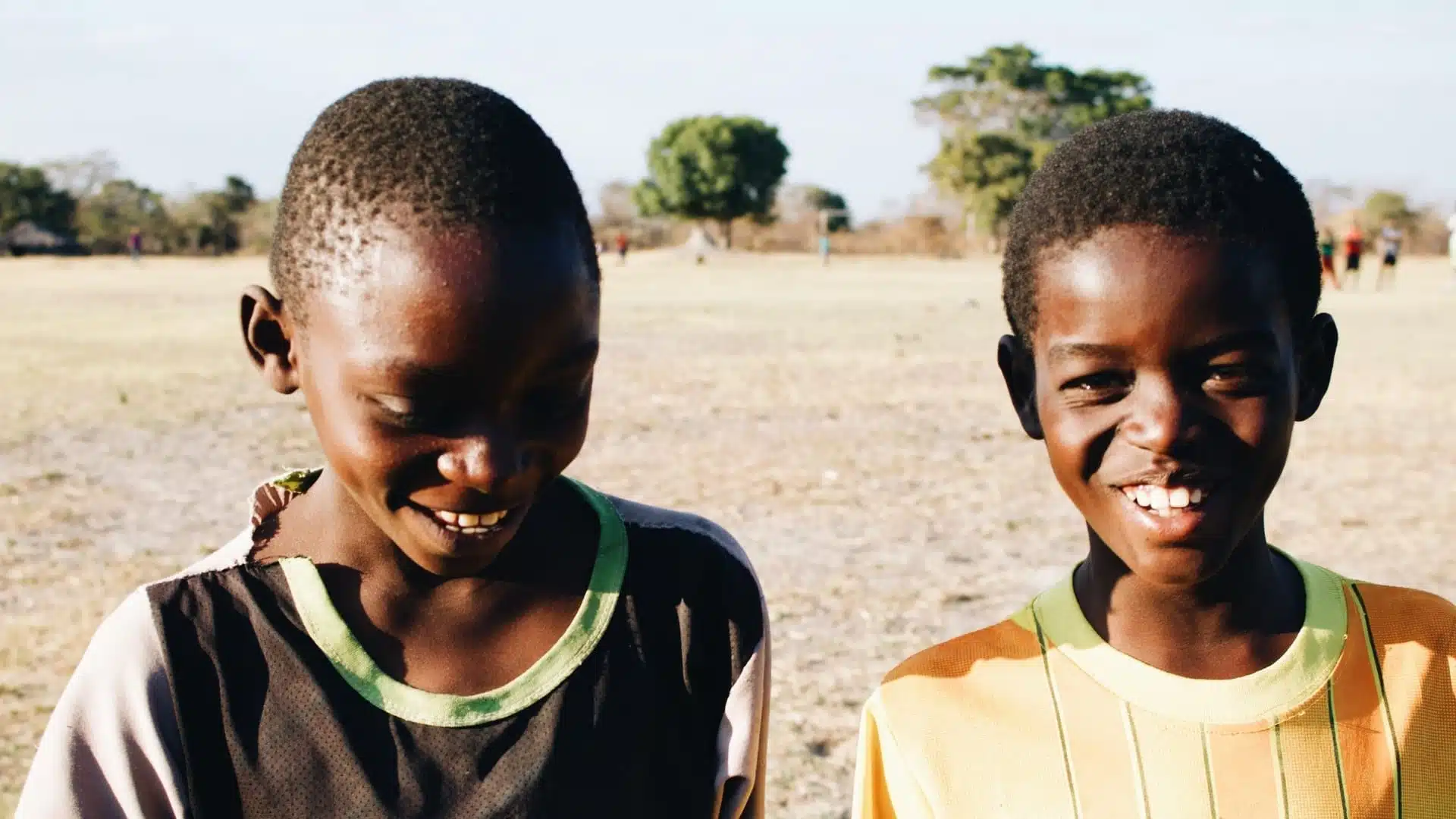
Electricity: Load shedding is common in Zambia but your accommodation will most likely have generators to cover the power-less intervals. Zambia uses C, D and G plugs and runs off 230 Volts.
Language(s): English is the official language. Where tourism is usual, many people will speak good English, but in rural areas, more people will speak an indigenous language.
Medications: It might be difficult to find a replacement for your prescription medications in Zambia and you are advised to bring what you need with you. Travel with a doctor’s prescription and keep your medication in its original container. Please note that diphenhydramine (the active ingredient in Benadryl) is illegal in Zambia. Do not carry this type of antihistamine as 0.5 grams will be considered drug trafficking.
Contraband: Pornography is illegal (and the definition is very hazy) it is illegal to buy, possess or trade in any animal products including -but not limited to – tortoise shells, rhino horns, elephant ivory, tusks of any animal, any items made out of these materials.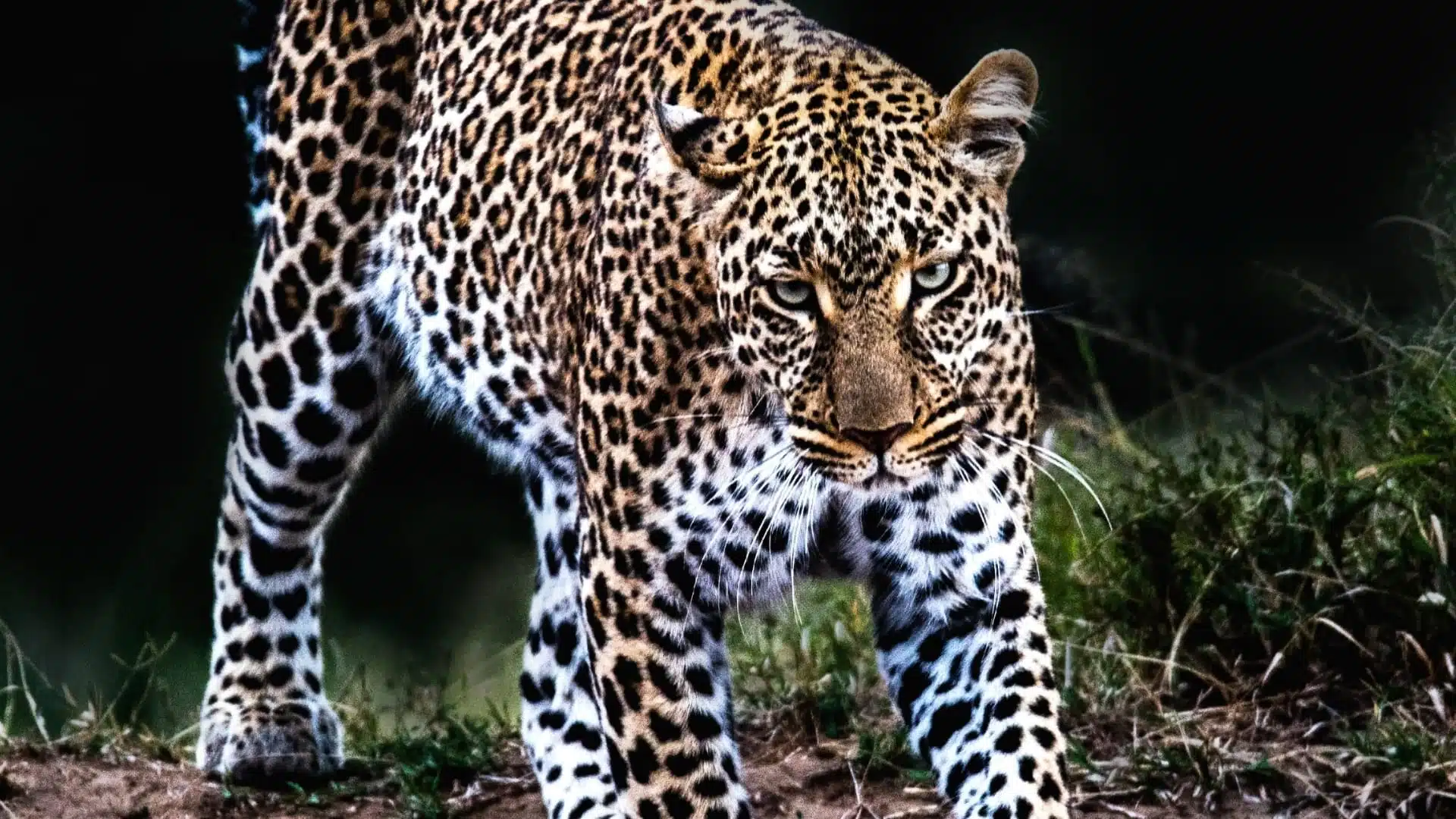
Religion: Christianity is the official religion but the country is very tolerant of other religions.
Safety: In general, most big cities (like Lusaka and Livingstone) and parks in Zambia are perfectly safe during daylight. Petty crime (pick-pocketing and mugging) is fairly common. Keep your belongings with you at all times, your zippers zipped, make sure you lock everything up where you’re staying, and never let anyone help you with your bags unless they are clearly designated as representatives of your accommodation or Safari company.
Vaccinations: Zambia does not require a yellow fever vaccine unless you’re coming from a country with risk of yellow fever. You should be up to date with all your standard vaccinations, including Hep A and Hep B. You might want to consider getting a typhoid vaccine, and/or a rabies vaccine. Zambia does not currently have the post-exposure prophylaxis rabies immunoglobulin. Please refer to your local travel clinic for the most up-to-date information on vaccinations.
Visas: A 90-day tourist visa is easily accessible for many citizens. Pay in exact change, ensure you have at least two blank pages in your passport and consider a multiple entry visa if you plan to see the Falls from Zimbabwe or visit Chobe National Park in Botswana for the day.
Single entry visas can be issued on arrival at all airports but double or multiple-entry visas will need to be applied for before travel.
The KAZA UniVisa allows travelers to cross the border between Zambia and Zimbabwe as many times as they please within a 30-day period. Please note that requirements change all the time, and travelers should be sure to verify this information with the relevant embassy.
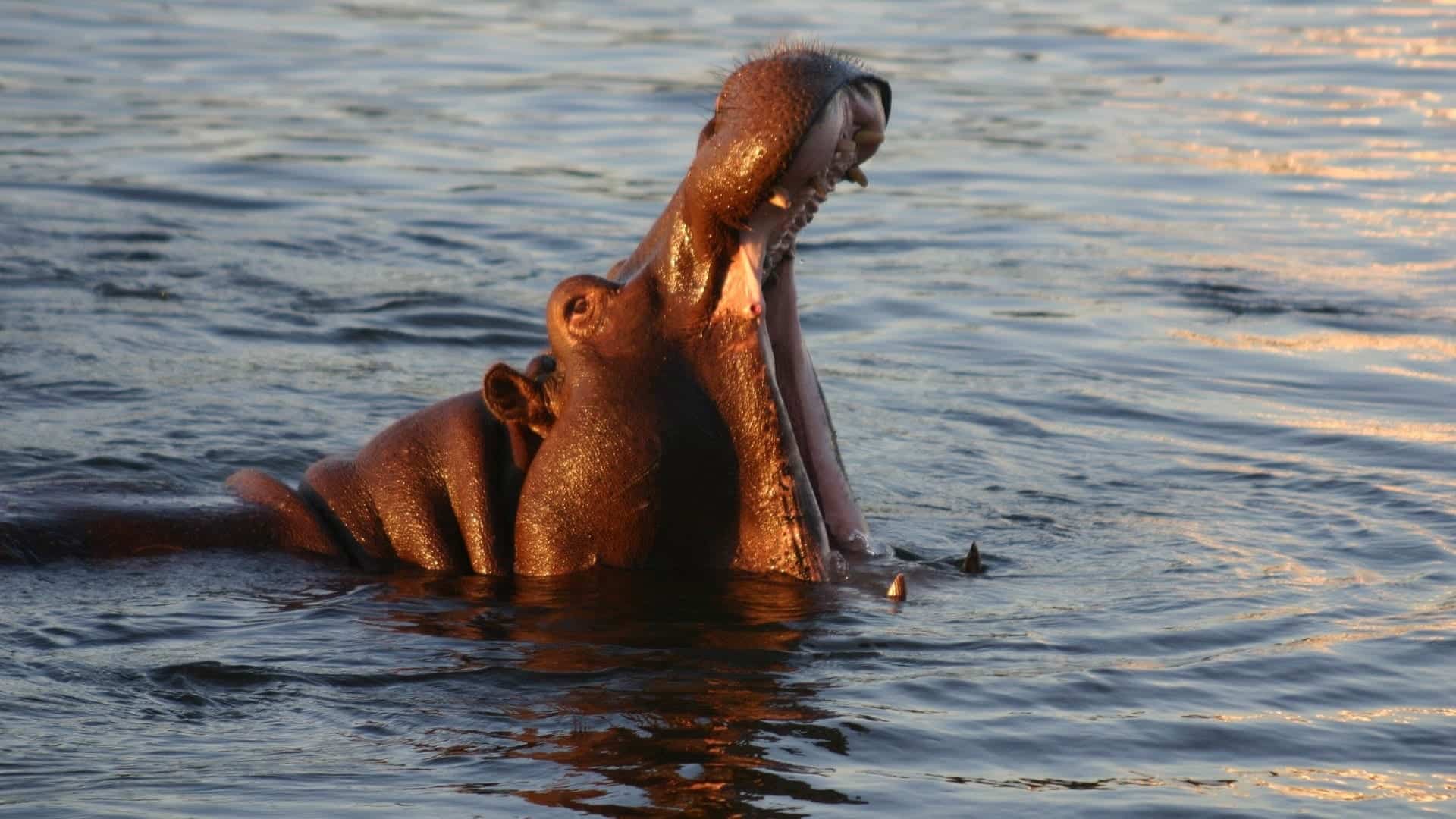
Water: In general, tap water is not drinkable in Zambia. Bottled water is cheap and easily accessible.
When to go: Zambia is a tropical country which has dry seasons and wet seasons as opposed to distinct summers and winters. The dry season, which is prime for wildlife viewing, generally lasts from May to November. The rainy season runs from December to April, and due to weather and access issues, some lodges even close during this time. Birding is at its prime during the rainy season.
The rainy season does not coincide with high water at Victoria Falls as the Zambezi is dependent on rains in Angola for its floods. This means that the Falls will be low until the end of the rainy season. From February to August is considered the high water period but between April and May, the Falls are at their most spectacular. During the rest of the year they are a little easier to photograph (you will not be standing in a veritable power shower next to it) and as they dry the underlying geography is revealed.
Visiting the famous Livingstone Island and swimming in Devil’s or Angel’s Pool at the top of Victoria Falls (accessible only from the Zambian side) is dependent on water levels and as the Zambezi start rising the pools and finally Livingstone Island will be inaccessible to visitors.
Notes: Homosexuality is illegal in Zambia. It is also illegal to take any photographs of military equipment, buildings or people. Do carry your passport with your visa at all times.
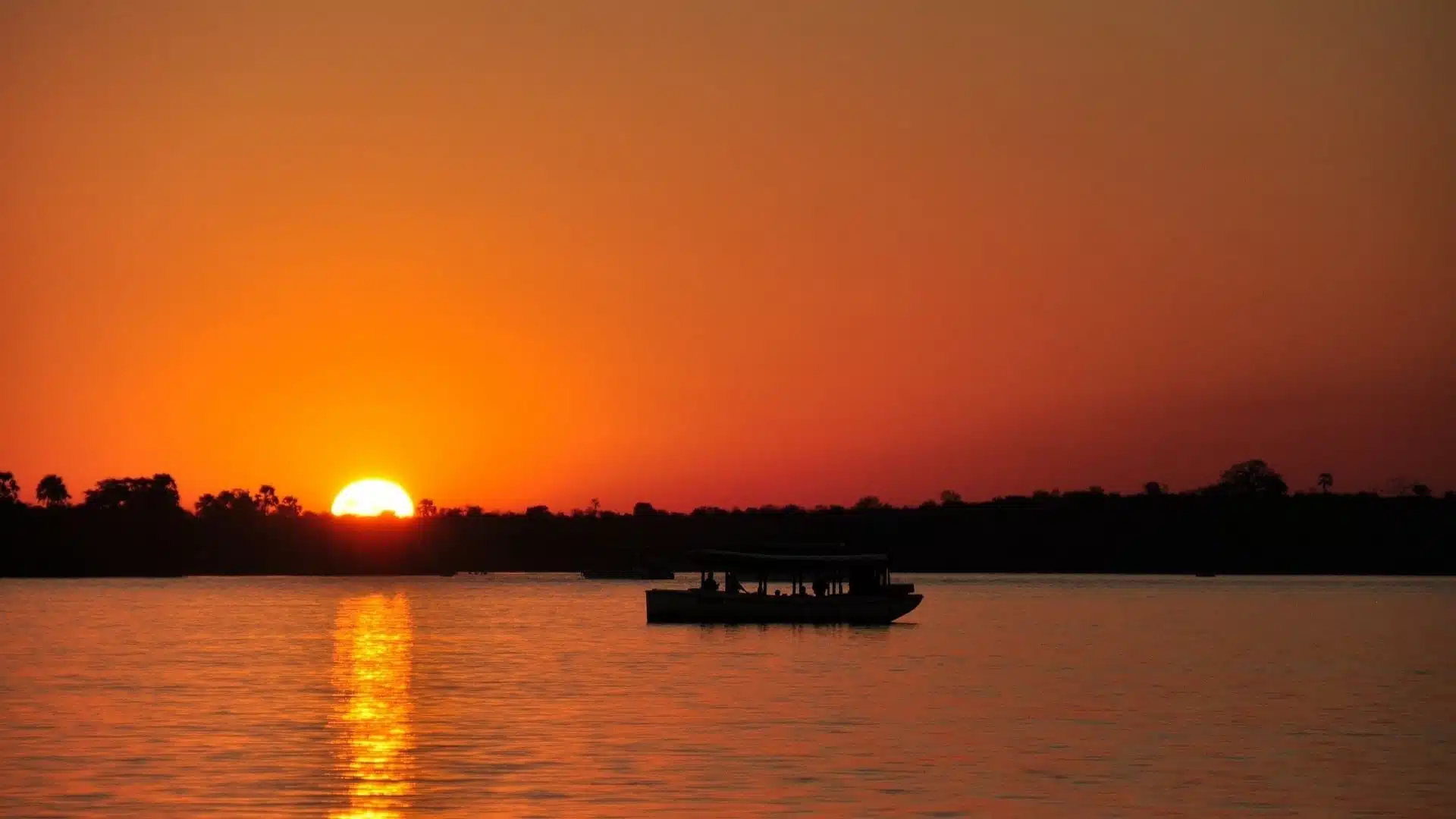
Famous Zambian activities
Spy all the rainbows from double rainbows to circular ones and even moonbows during high water.
Enjoying cruising on the Zambezi – or, if you have the lust for adventure taking to a canoe or a raft to experience the white waters of the river.
Swimming in the Devil’s pool or Angel’s pool at the top of Victoria Falls.
Indulging in all the adrenaline activities available around the adventure center of Victoria Falls.
Taking a walking Safari in the South Luangwa National Park where walking Safaris began.
Going on a game drive or bird-spotting in Kafue.
